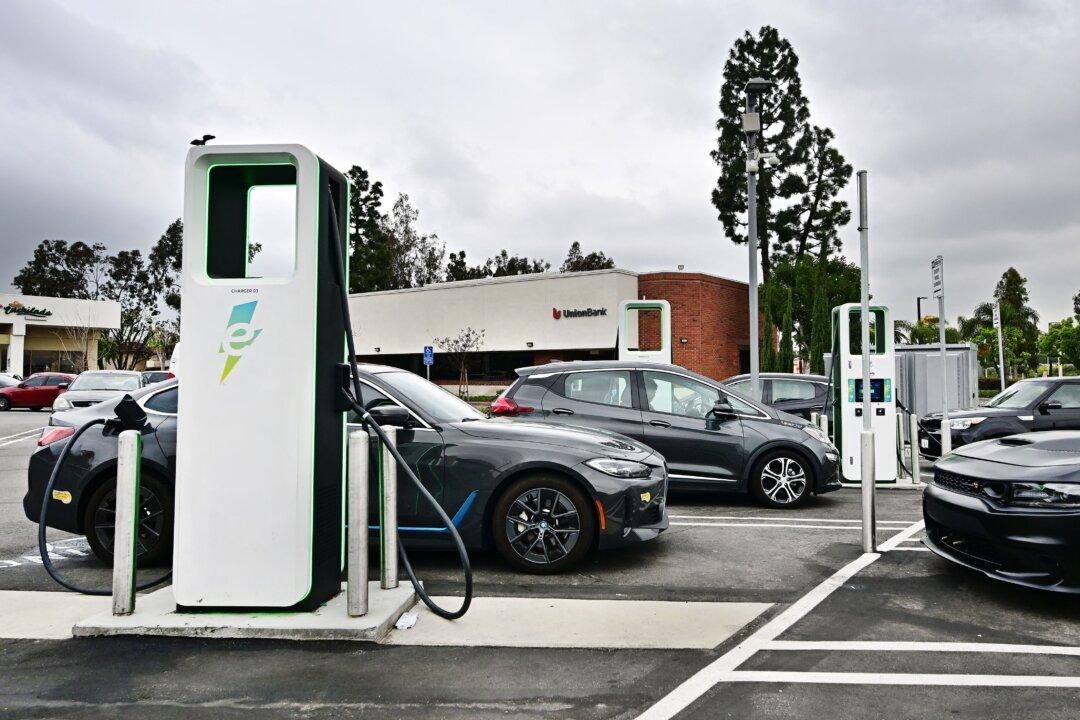Stephen Moore, senior economist at FreedomWorks and once a senior economic adviser to former President Donald Trump, has issued a grim prediction about America’s electric vehicle (EV) market, saying EVs are poised to be automakers’ “next big flop.”
Mr. Moore’s grim prediction for the EV market came in an interview on Fox News’s “Varney & Co.” program on Oct. 30 and an op-ed in The Daily Caller on Oct. 29, in which the economist compared the current EV push to the failed rollout of the Ford Edsel.





